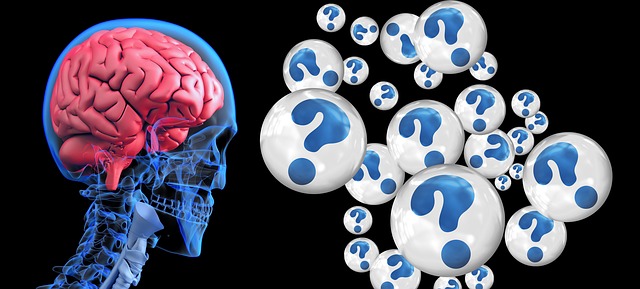What Are The Health Benefits Of Salmon Heads?
Prized by chefs for stock and soups. Packed with extra-tender meat and an abundance of fat along the jawbones, these are prized by chefs for stock and soups. Salmon heads include extra-high levels of nutrition A, Omega-3 fatty acids, iron, zinc and calcium.
Prized by chefs for stock and soups. Packed with extra-tender meat and an abundance of fat along the jawbones, these are prized by chefs for stock and soups. Salmon heads contain extra-high levels of vitamin A, Omega-3 fatty acids, iron, zinc and calcium.
How many heads of salmon are in a bag?
Salmon heads comprise extra-high levels of diet A, Omega-3 fatty acids, iron, zinc and calcium. Sockeye: Each bag comprises three Sockeye heads.
Is salmon good for your hair health?
Salmon is one of the most nutritious sorts of fish that offers a couple of health advantages. Rich in omega-3 fatty acids, vitamin B12, and other vital foodstuff, salmon is astounding for hair and skin health. The great taste and ideal health benefits of salmon make it one of the most loved fish on the earth.
Is salmon good for You?
Therefore, salmon aids in good health, as it makes up for many of the mineral and nutrition deficiencies in our body if we make it part of our diet. Is salmon healthy? It is a fair question on the grounds that salmon is an oily fish with a rich amount of fats. However, this fat is fully fit and is nice for the guts and skin.
What is salmon good for?
Salmon is an effective source of protein. In addition to a must have nutrients, our body requires protein as it is the constructing block for bones, muscle groups, cartilage, skin, and blood. It helps the body to construct and service tissues after an injury, protects bone health, and keeps muscle mass during weight reduction.
Is it safe to eat salmon during pregnancy?
Pregnant women and young babies should avoid fish with the main mercury. Luckily, salmon is not one of them. For all of the health benefits of omega-3s, high doses of them, like in dietary supplements, may cause bleeding issues if you are taking some anticoagulant drugs.
Can salmon cause bleeding?
Luckily, salmon is not one of them. For all the health advantages of omega-3s, high doses of them, like in supplements, may cause bleeding problems if you take some anticoagulant drugs. So be sure you stay within the guidelines above.
What are the health benefits of eating salmon?
Many reports have recommended that expanding the consumption of fatty fish such as salmon decreases the chance of obesity, diabetes, and heart disease. Dietary intake of salmon also supports healthful cholesterol levels. Salmon is a lovely alternative to protein sources similar to chook or beef.
What fish is best for lowering cholesterol?
Is salmon good for high cholesterol?
Does salmon have a lot of cholesterol?
Not only is salmon low in saturated fat and cholesterol, Gitlin says, but it’s rich in omega-3 fatty acids and nutrition B12.
Is salmon good for high cholesterol?
Eating healthy unsaturated fats, like those present in salmon, has been shown to improve cholesterol levels. In fact, fish provides a high-protein, healthy alternative to red meat, that’s high in saturated fats. Salmon is a good alternative to beef because it’s a nutrient-dense food that can help raise good cholesterol levels.
What is the nutritional value of Atlantic salmon?
An common 3-ounce fillet of cooked Atlantic salmon includes 23 grams of protein and 6 grams of fat, most of which is fit unsaturated fat. It’s also high in nutrients D, B-12, and B-6, and is a good source of magnesium, niacin, omega-3 fatty acids, and selenium.
What are the health benefits of salmon?
It’s also high in vitamins D, B-12, and B-6, and is an effective source of magnesium, niacin, omega-3 fatty acids, and selenium. Here are some tasty recipes that contain salmon and other nourishing additives that may help uphold good levels of cholesterol and improve heart health.
Is salmon good for hair and skin?
Rich in omega-3 fatty acids, nutrition B12, and other essential nutrition, salmon is astonishing for hair and skin health. The great taste and excellent health advantages of salmon make it one of the crucial loved fish in the world.
Is fish good for women’s health?
What are the side effects of eating salmon skin?
Salmon skin doesn’t have any side effects. Eating salmon skin will only increase the extent of omega-3 fatty acid supply from the fish. The more omega-3 fatty acids are added to our diet, the better it is for our health.



